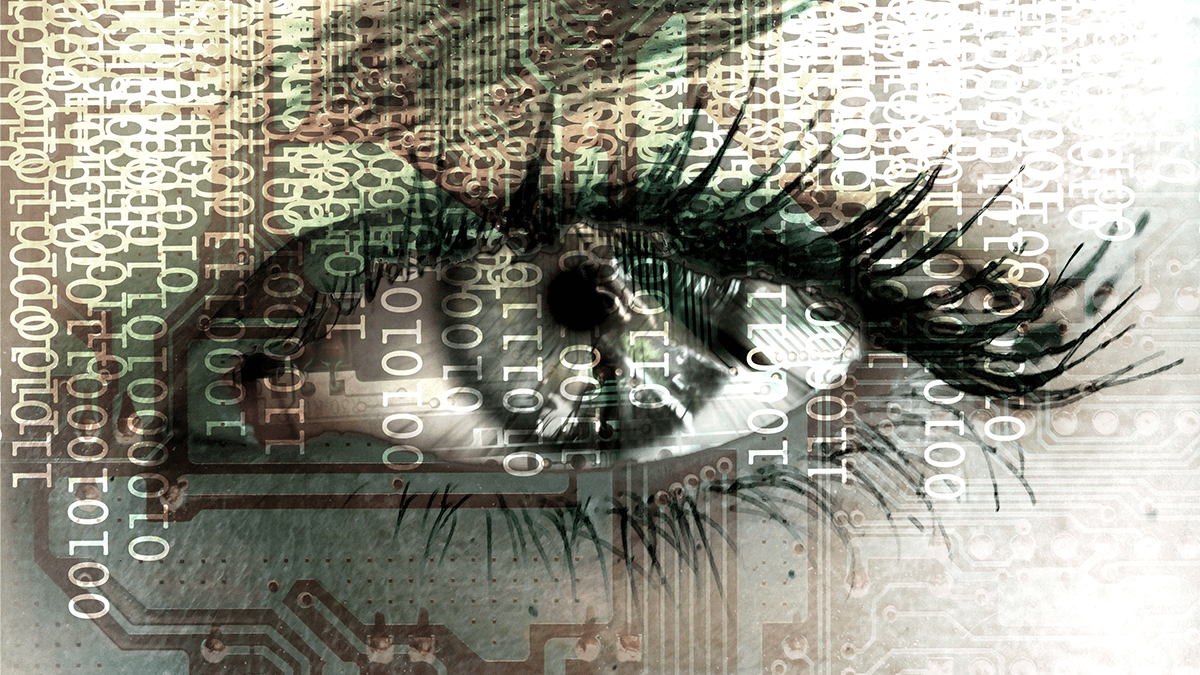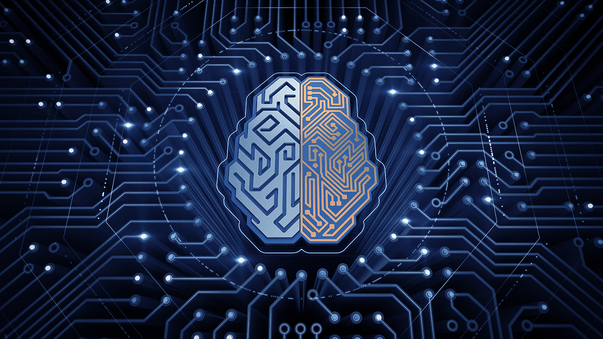Mind Reading Technology Can See Your Thoughts

In a new development that sounds like applied science fiction, scientists at Moscow Institute of Physics and Technology (MIPT) and Neurobotics have found a way to visualize a person’s brain activity as actual images mimicking what they observe in real time.
The scientists have published their research as a preprint on bioRxiv and posted a video online, showing their “mind-reading” system at work. The new Brain-Computer Interface (BCI) relies on artificial neural networks and electroencephalography (EEG).
“[We] can use this as the basis for a brain-computer interface operating in real time,” said researcher Grigory Rashkov. “[The] invasive neural interfaces envisioned by Elon Musk face the challenges of complex surgery and rapid deterioration ... We hope we can eventually design more affordable neural interfaces that do not require implantation.”
Meanwhile, Bloomberg has published a short update on Musk’s secretive startup Neuralink, whose goal “is to place electrodes in our brains so we can control a computer with our thoughts.”
You should really eat more avocados (see below) to stay in good health while waiting for this science fictional future!

YES, Avocados Are Good for Health
Researchers at Penn State have suggested that avocados are good for health.
In a controlled study published in The Journal of Nutrition, the researchers found that eating one avocado a day was associated with lower levels of "bad cholesterol" (oxidized low-density lipoprotein or LDL) in adults who are overweight or obese.
In another study published in Molecular Nutrition & Food Research, researchers at University of Guelph have shown how a compound found only in avocados can inhibit cellular processes in the pancreas that normally lead to diabetes.
Anti-Cancer Drug Selectively Kills Leukemia Cells
Bioscientists at Rice University have found a way to predict the sensitivity of acute myeloid leukemia to mitochondria-damaging molecules and develop cocktails to fight the cancer.
In a study published in Cell Death & Disease, the bioscientists report that mitocans, anti-cancer drugs that target mitochondria, are adept at killing leukemia cells. They are especially effective when combined with a glycolytic inhibitor, while leaving healthy blood cells in the same sample largely unaffected.
The discoveries could improve personalized cancer treatment.
Facial Recognition in Brains and Neural Networks
Researchers at Weizmann Institute of Science have found a striking similarity between the way in which faces are encoded in the brain and in successfully performing artificial intelligence systems known as deep neural networks.
As reported in a study published in Nature Communications, the researchers presented the same images of faces to a deep neural network and human volunteers, and found similar activation patterns.
Information Theory for Radically New Oncology
Scientists at University of Geneva have suggested that information processing may prevent cells from perceiving their environment correctly. Then the cells start acting in an uncontrolled way. And this can lead to the development of cancer.
In a research paper published in Trends in Cell Biology, the scientists examine cellular communication in the light of information theory, a mathematical theory more commonly used in computer science, and envision a radically new approach to oncology.
Protein Scaffolding Repairs and Stabilizes DNA
Researchers at University of Copenhagen and Novo Nordisk Foundation have discovered how some types of proteins stabilize damaged DNA and thereby preserve DNA function and integrity.
The research results, published in Nature, indicate that two proteins called 53BP1 and RIF1 engage to build a three-dimensional 'scaffold' around the broken DNA strands. This scaffold then locally concentrates special repair proteins, that are in short supply, and that are critically needed to repair DNA without mistakes.
According to the researchers, this can explain why people who lack the scaffold proteins are prone to diseases caused by unstable DNA, such as cancer.
3D-Printing for Personalized Cancer Treatment
Scientists led by Georgia Institute of Technology have developed 3D-printed cell traps that could advance the goal of personalized cancer treatment. It may enable rapid and low-cost separation of tumor cells circulating in the bloodstream.
The device, described in a paper published in Lab on a Chip, allows processing of a clinically-relevant volume of blood. It does this by capturing nearly all of the white blood cells and then filtering out the red blood cells by size. That leaves tumor cells, which can be sequenced to determine the specific cancer type and the unique characteristics of each patient's tumor.
More Articles
Don't miss a beat! In our Pulse Newsletter, Thrivous curates the most important news on health science and human enhancement, so you can stay informed without wasting time on hype and trivia. It's part of the free Thrivous newsletter. Subscribe now to receive email about human enhancement, nootropics, and geroprotectors, as well as company news and deals.
Read more articles at Thrivous, the human enhancement company. You can browse recent articles in Thrivous Views. See other Pulse Newsletter articles. Or check out an article below.
-
THC Additive May Cause Lung Injury from Vaping
Vitamin E acetate, an additive sometimes used in combination with tetrahydrocannabinol (THC), may be to blame for recent cases of ...
-
Is Quantum Supremacy a Step Toward Conscious Computers?
A few weeks ago, rumors that Google was about to claim the achievement of “quantum supremacy” started to spread like ...


